Global Justice Resource Center
The Global Justice Resource Center is designed to be a global, non-partisan, real-world and digital platform for connecting community organizations with us and each other.
Our Mission
We are a global, non-partisan, digital and real-world platform for connecting individuals and community organizations with us and each other. Our mission is to use our network to stimulate ideas and bring expertise and funding to people and groups who are innovative and successful and whose concepts and projects can be expanded to improve justice and well-being in communities.
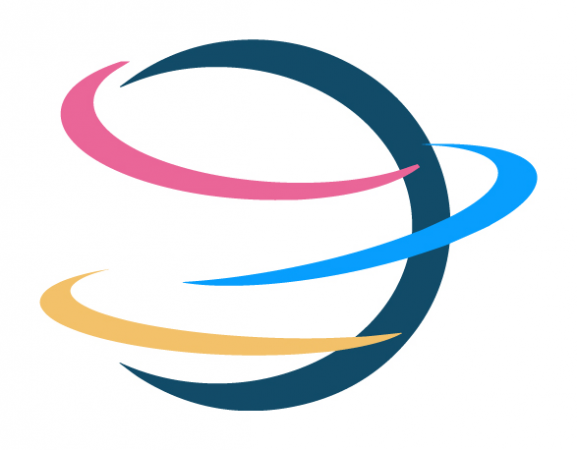
Intent
The intent is to identify useful social and justice innovations that can be funded, supported and scaled up to improve the citizens’ experienced sense of justice and to contribute to the well-being of those communities.
A fantastic example of a kind innovation we want to support is the MicroGrants program in Minnesota – they work with policing authorities to issue vouchers instead of tickets for minor infractions. The concept is rapidly growing, simple and cost effective, and it has an impact on struggling citizens, employers, police public relations with the community, and automobile safety for individuals and the community.
Commitment
Our commitment is to a dedicated, step-by-step process for generating innovations without a pre-determination of what that innovation will look like.
Approach
The approach is forward looking in perspective, positive in expectation, collaborative in method; and is based on demonstrated principles from business, neuroscience, and information theory, among others.
The more technical basis of understanding, from information theory and neural networking, can be thought of as basic recognitions and responses. That is, a) recognition of “chaotic” prison, criminal justice and other justice “reform” efforts to this point, and b) responses in the community justice space by decreasing channel noise and entropy in progressive steps in order to bring increased coherence to organizational structures and internal and external messages.
A basic assumption in this context is that general and specific message clarity is helpful to senders and receivers (such as managers, staff, clients, and funders) in determining social impact and subsequently in making choices regarding internal organizational resource investment and external funding selections based on that impact.
Efficiency
We believe, as a rule, there is more bang for social effect and the financial buck in “primary” interventions over the current emphasis in most organization of late stage “tertiary” interventions.
Value Added Justice
We seek to turn minuses into pluses by introducing value added justice as a trans-theoretical heuristic tool for analysis and change.
Metric of Success
Our organizational success and the success of our collaboration with others is measured by improvements in local experiences of Justice, broadly conceived, and in community well-being.
Research
Research is a vital and usually missing component in almost all interventions, and we believe testing hypotheses about the causes, nature and extent of change should be a built in, integral part of the operations of any organizations asserting capacity for innovation or novel successes, including our own. Research outcomes can identify useful components or programs, guide planning and support funding.
The Formula
Good – Harm + Change = Value Added Justice
The formula for value added justice is simple: The good you do, minus the harm you cause, plus the change you could bring (i.e., increase the good or decrease the harm or both) in order to create value in the community. This simple formula is powerful because it changes the mindset and creates a structured openness in community conversations that allow non-threatening consideration of negative or unintended consequence in order to turn those minuses into pluses
Who We Are
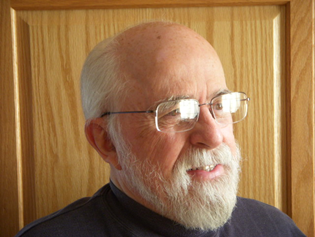
Dr. John L Gannon
Executive Director
Dr. John Gannon is an author, educator, forensic clinical psychologist, consultant, and direct service provider in many places around the world.
Dr. Gannon completed undergraduate degrees in Philosophy and Psychology and holds Masters degrees in both disciplines, as well as a Ph.D. in Clinical Psychology from Florida State University. He has been a staff psychologist at forensic mental hospitals and for the California Department of Corrections and Rehabilitation California Men’s Colony where he served as the Chief of the Medical Staff. More recently, Dr. Gannon has served as a consultant for prison program development in places as diverse as Nigeria and Singapore, and as Executive Director of the International Association for Correctional and Forensic Psychology.
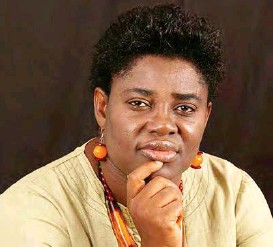
Dr. Uju Agomoh
President
Dr. Agomoh is a veteran activist and justice-sector reform advocate.
She has served as a United Nations Office on Drug Control (UNODC) consultant, as a member of the National Human Rights Commission of Nigeria (NHRC) and was the Commission’s Special Rapporteur on Police, Prisons and Centres of Detention, as well as a member of the Presidential Committee on the Prerogative of Mercy Committee of Nigeria.
While she has held numerous high-level criminal justice positions, she has also been honored as an avid grassroots activist and was the Team Leader of the Prison Reform Component of the Security and Justice Reform Programme of the UK Foreign and Commonwealth Office as well as the National Coordinator for the Nigerian Police Human Rights Programme.
Friends, Supporters, Advisors
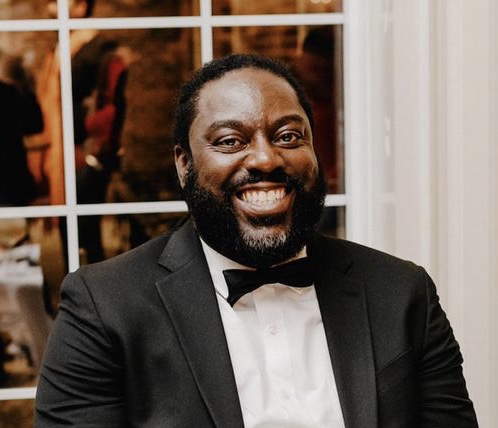
Alphonzo Albright
Advisor to the Executive Director and Panel on Technology
Based in New York, Alphonzo, is GTLs Senior Vice President, Client Partnerships. Alphonzo has a strong background in leadership, technology solutions development and driving strategic Criminal Justice business intelligence initiatives.
As a former Commissioner of Corrections and Undersheriff, Nassau County, NY; former Chairman Nassau County Corrections Advisory Board, former City of New York Deputy Commissioner of Probation and Corrections, former Chief Information Officer, former Deputy Commissioner of Intelligence and Deputy Commissioner of Administrative Services in NYC Government; former Vice President of Courtcall, former Vice President Global Justice Services, Abilis and former Global Director Solutions and Market Development, Polycom.
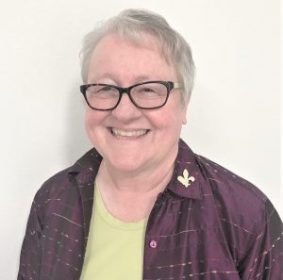
Sister Theresa Harpin
Executive Director – Restorative Partners
Sister Theresa Harpin has been a member of the Sisters of St. Joseph of Carondelet for over forty years serving as a pastor, campus minister, musician, and parish social justice coordinator. In 2006, she joined the staff of the Center for Restorative Justice Works and initiated the Get on the Bus program reuniting children with their incarcerated dads at the California Men’s Colony in San Luis Obispo. Working with those impacted by crime became her passion. In 2011 Sister Theresa launched Restorative Partners, a program that offers healing and life skill programs to victims, offenders, and their families, and support to those working in custody.

Paul Geurts
Advisor to the Executive Director for Global Non-Profits
Paul Has been working as a Prison System Advisor for the International Committee of the Red Cross in Eastern and Southern Africa and Myanmar between 2013 and 2020. He has been working in South Sudan in 2012 as Prison Advisor fort he UN Mission in South Sudan (UNMISS).
Between 2007 and 2012 Paul was responsible for the international cooperation of the Dutch Custodial Institutions Agency (DJI). In that role he developed and implemented prison reform projects in Turkey, Bulgaria and Croatia.
Paul has been working as Prison Director for the Dutch Custodial Institutions Agency from 1995 in different prisons with different levels of security and both male and female inmates and juveniles.
Focus of Paul’s work has always been the implementation of a humane system of detention, always aiming at offering prisoners a new chance in life.
Paul holds BCs in Social Work.
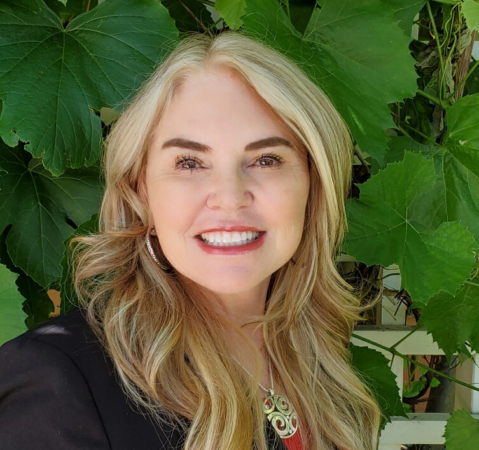
Kathryn Otten
Advisor on Law Enforcement, Community Program Development, Probation and Parole
Kathryn Otten has over 25 years of experience working with the criminal justice system at a local, state, national and international level. Throughout her 25 years working in the criminal justice environment, she directed and oversaw the development and management of justice programs, which included offender reentry; community corrections programs; juvenile residential and restorative justice programs; and rehabilitation programs; pretrial services; community service programs; juvenile residential work crews; Criminal Justice Planners; jail-community reentry programs; gender-responsive prison programs; gender-responsive community corrections programs; and substance use programs for all offenders. Kathryn has experience with all aspects of the criminal justice system – parole, probation, community corrections, the courts, pretrial, and juvenile justice.

Peter van Duesen
Advisor on Organization and Ethics
Peter earned his BS at Annapolis, and his MA in philosophy at California State University Long Beach. He spent six years on active duty with the U.S. Navy, has had several businesses of his own, and has served in several capacities in higher education in San Antonio, where he has lived since 1981. He retired from the Alamo Colleges IT Department in 2018, and continues with adjunct teaching of ethics and philosophy at Palo Alto College, where has has taught since 1993. He currently serves on the Ethics Commission for the City of Windcrest, TX.
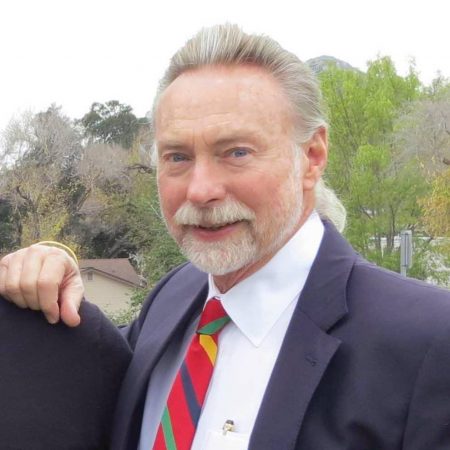
Wayne Hansen
Grant Collaboration Specialist
Wayne is an Administrative Services Officer with San Luis Obispo County Health Agency and oversees outcome accountability for Behavioral Health. He has also developed and implemented resource development and grant writing and the evaluation plans for grant projects funded by SAMHSA, CSAP, CSAT, OJJDP and CA Dept. of Alcohol and Drug Programs. Mr. Hansen has worked for many years in the substance abuse field, first starting in administration in Los Angeles County, then on to managing prevention services in San Luis Obispo County, CA and finally coming full circle back to Behavioral Health administration.
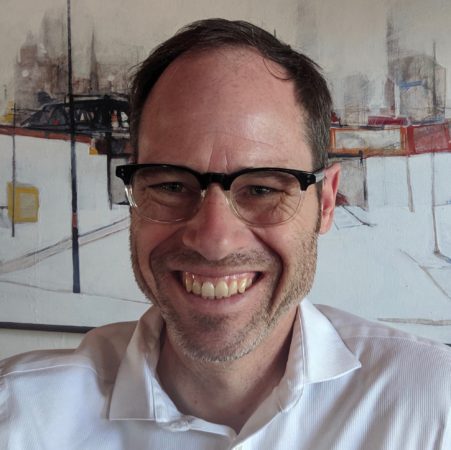
David Leidner
Advisor on Research and Evaluation
David is a psychologist devoted to improving human welfare by collecting, understanding, and sharing data. He’s worked in public health for 19 years, with graduate training in and real-world experience designing research, authoring instruments, collecting data, developing indicators, and applying rigorous statistical tests; clinical experience treating youth, combat veterans, and prisoners; teaching experience educating primary schoolers and college students; leadership experience managing developers, analysts, clinicians, and NGOs; and over 15 years bringing actionable information to leaders and front-line providers.
He created the enterprise-level business intelligence and MEL solutions for behavioral health in California’s prisons. He designed over 100 data quality, process, and outcome indicators, led a team that built and supported scores of reports and alerts used by 900 staff a day, and designed a data warehouse storing information on 1.2 million individuals, updated daily from dozens of sources. He created a digital tool to conduct semi-annual audits at 35 remote sites, a prisoner burden of mental illness scale, and multiple satisfaction surveys. He trained machine learning algorithms to predict violence and suicide, designed a randomized controlled trial to test the impact of an intervention for high-risk individuals, and collaborated with Harvard University to propose an early warning system for suicide attempts.

Saeid Motevalli
International Research Advisor (Psychological Interventions in Justice Systems)
Dr. Saeid Motevalli is a distinguished professor of psychology with
over 20 years of transformative impact across academia, research, and
clinical practice. As Head of the Child Psychology Program at UCSI
University, he has supervised more than 150 graduate researchers,
including 19 PhD candidates, and examined over 210 theses globally. He
has developed six innovative psychoeducational modules that have been
adopted internationally.
A prolific scholar, Dr. Motevalli has
secured over RM300,000 in competitive grants for groundbreaking studies
on sharenting behaviors, climate change education, and correctional
psychology. He has published more than 90 works indexed in Scopus and
WoS and authored 12 books, including Navigating Child Development (2024) and The Autopsy of Pain and Violence in Prison
(2023). His landmark prison research in Iran (2013-2018) on crime
patterns and substance abuse has informed national rehabilitation
policies.
As a licensed clinician (APA/IACFP/ISPA), Dr. Motevalli
brings 20 years of frontline experience treating trauma and personality
disorders in prisons and community clinics. A sought-after keynote
speaker at premier conferences (ICMRP-2022, ICCoBS 2019), he serves on
the editorial boards for BMC Psychology and PLOS ONE, bridging research
with practical interventions. His career exemplifies a unique fusion of
rigorous scholarship, evidence-based practice, and global collaboration
to advance psychological science and education.
Innovators
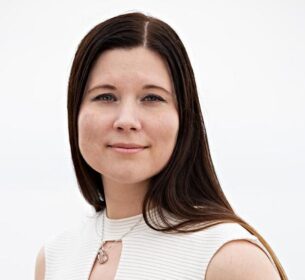
Pia Puolakka
Collaborator
Pia Puolakka is a Finnish forensic psychologist and psychotherapist with over 15 years of experience in the Finnish Prison and Probation Service. During her career there, she worked as a prison psychologist, senior specialist, project manager, and team leader. Her work within the correctional system focused particularly on prison digitalisation and the development of digital rehabilitation services. She has contributed to international expert working groups with the Council of Europe, UNODC, and the ICRC, addressing technological solutions in prisons and the responsible use of artificial intelligence in correctional contexts.
Alongside her public sector career, she has ten years of experience in private clinical practice. She currently works as an independent forensic psychologist and consultant through her company, MindTech, specialising in the digital transformation of correctional services. Her particular interest lies in integrating modern technology into rehabilitative practices in correctional settings, especially in the use of digital tools and AI to enhance, personalise, and responsibly evolve interventions.
She has also been actively involved in organisations supporting victims of harmful religious communities and narcissistic abuse. Further information:
https://www.mindtechfin.com/
